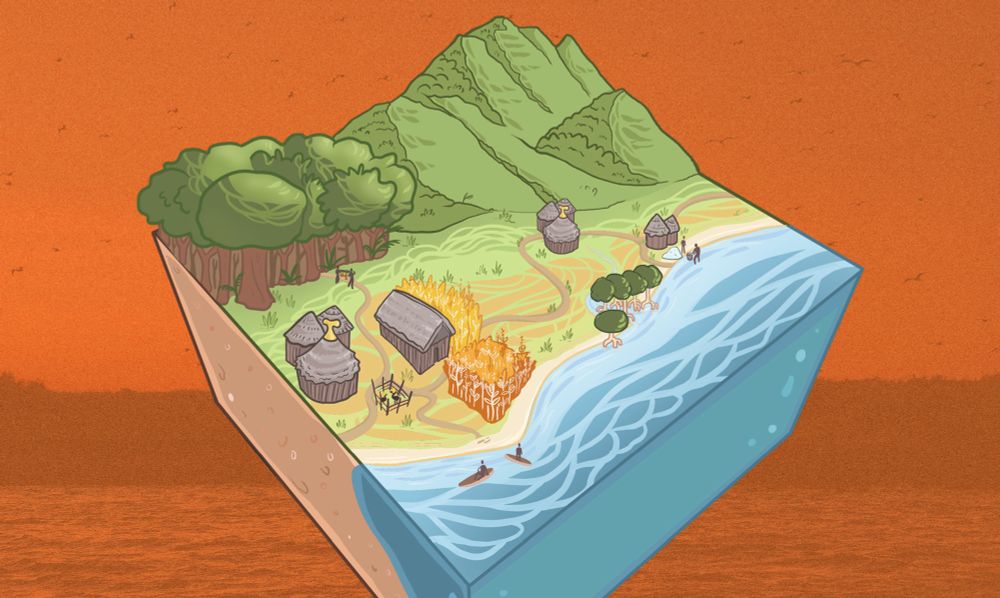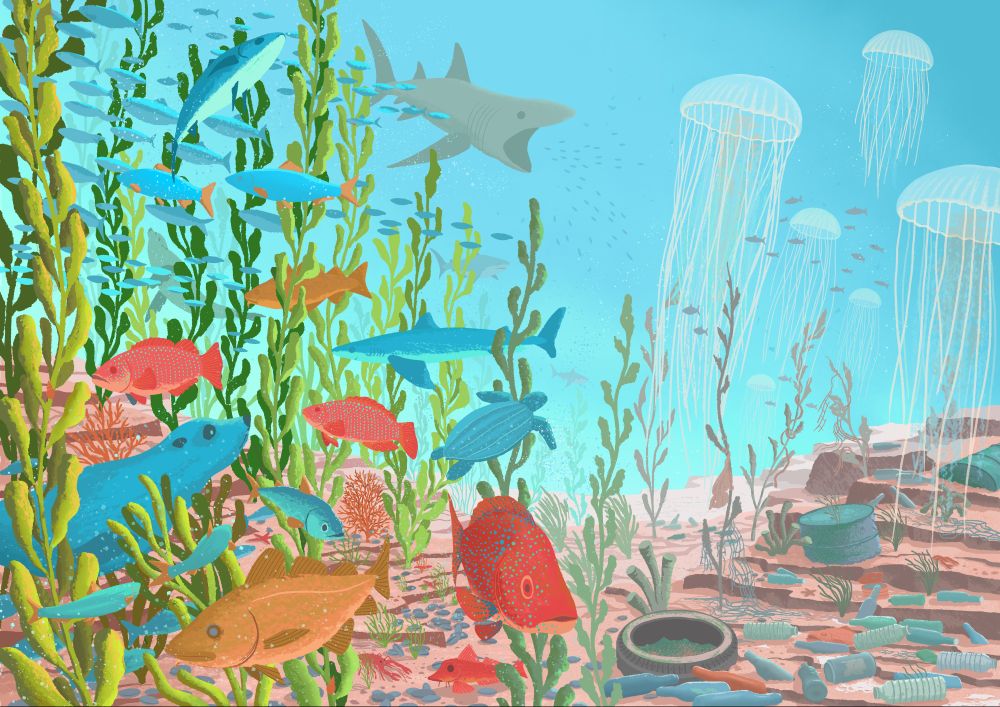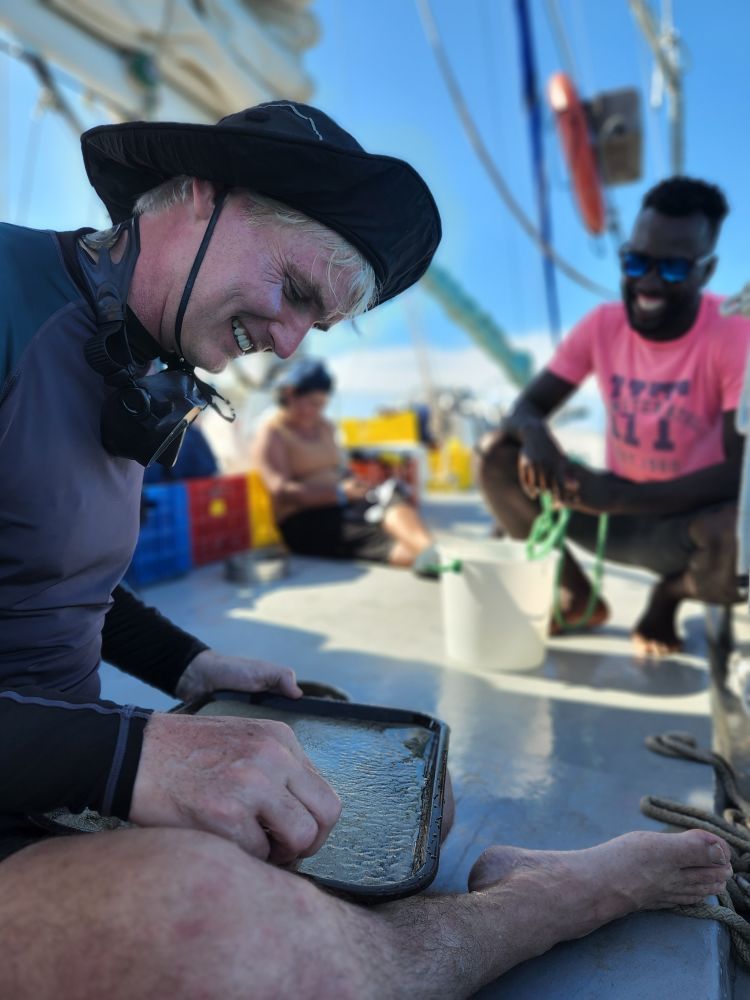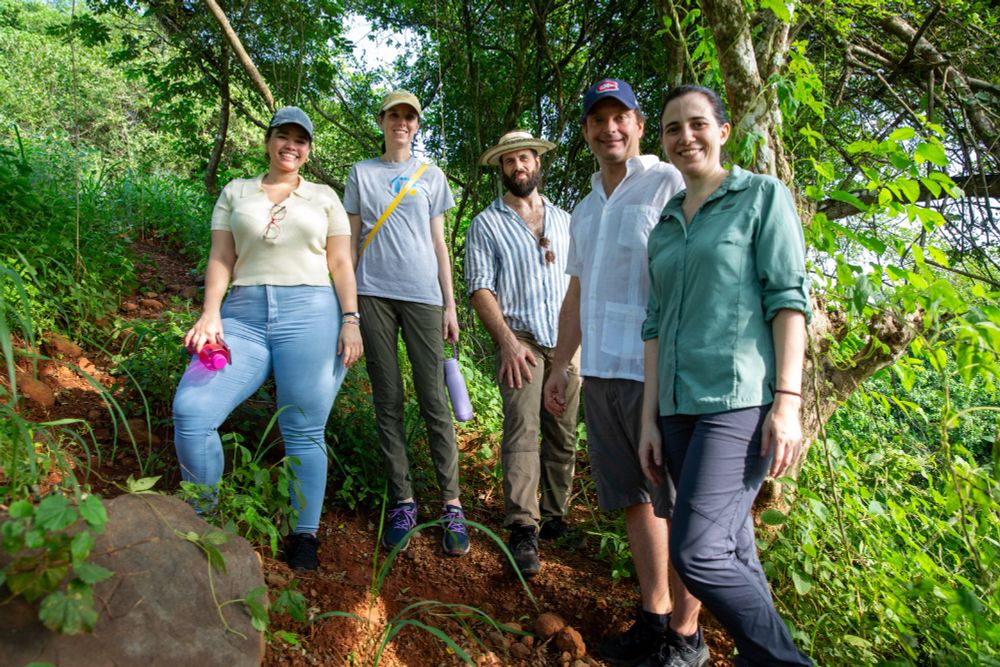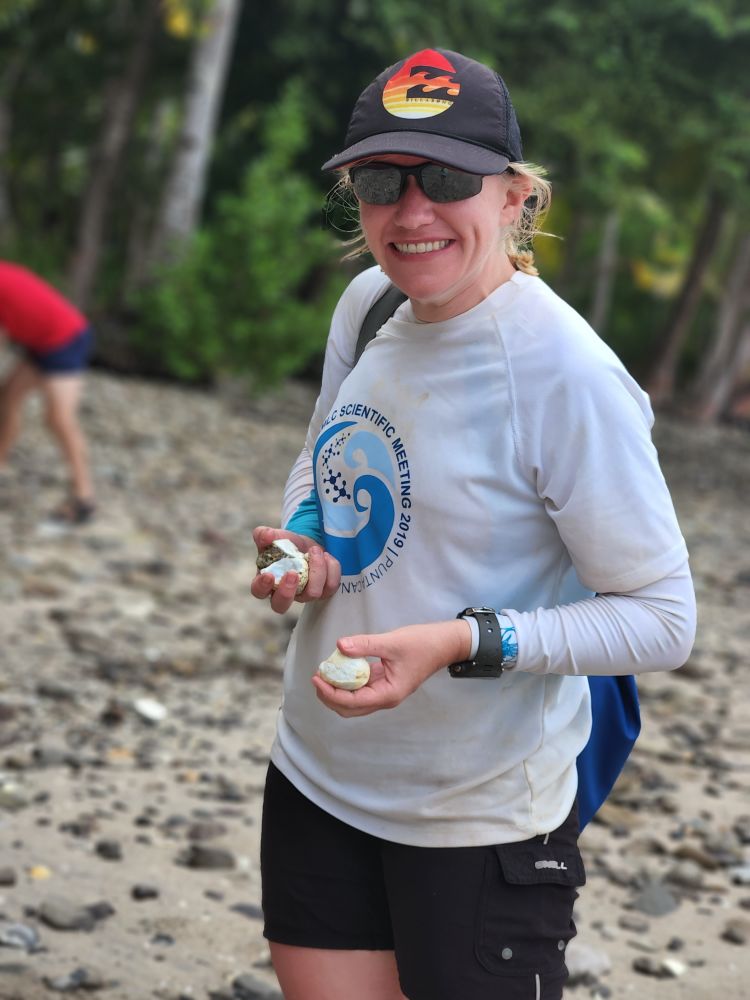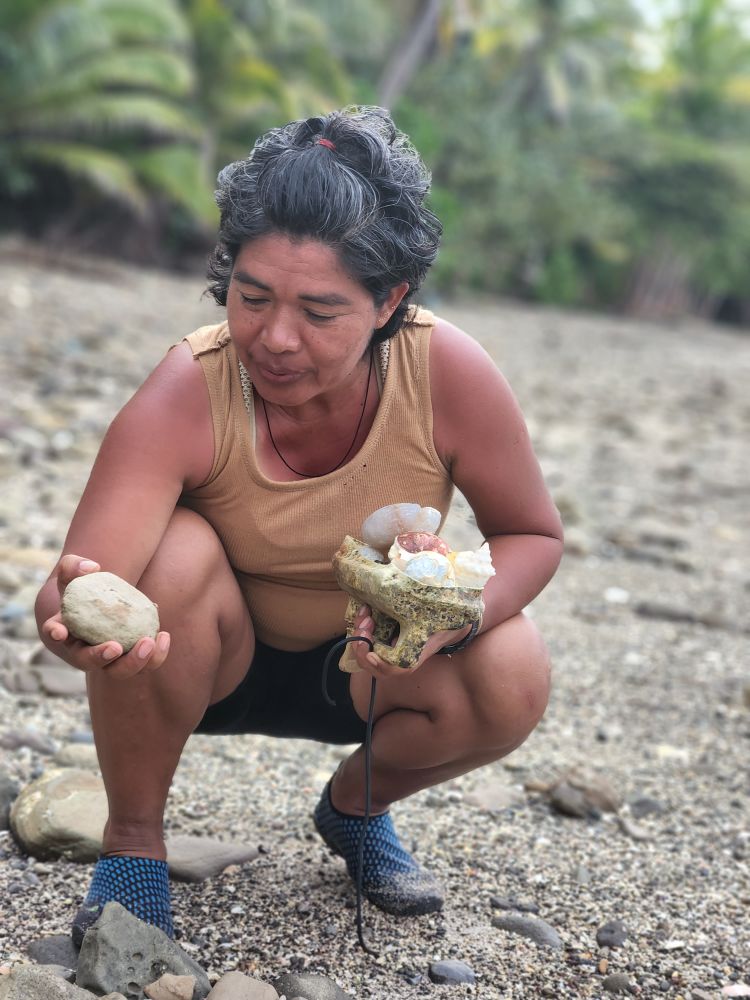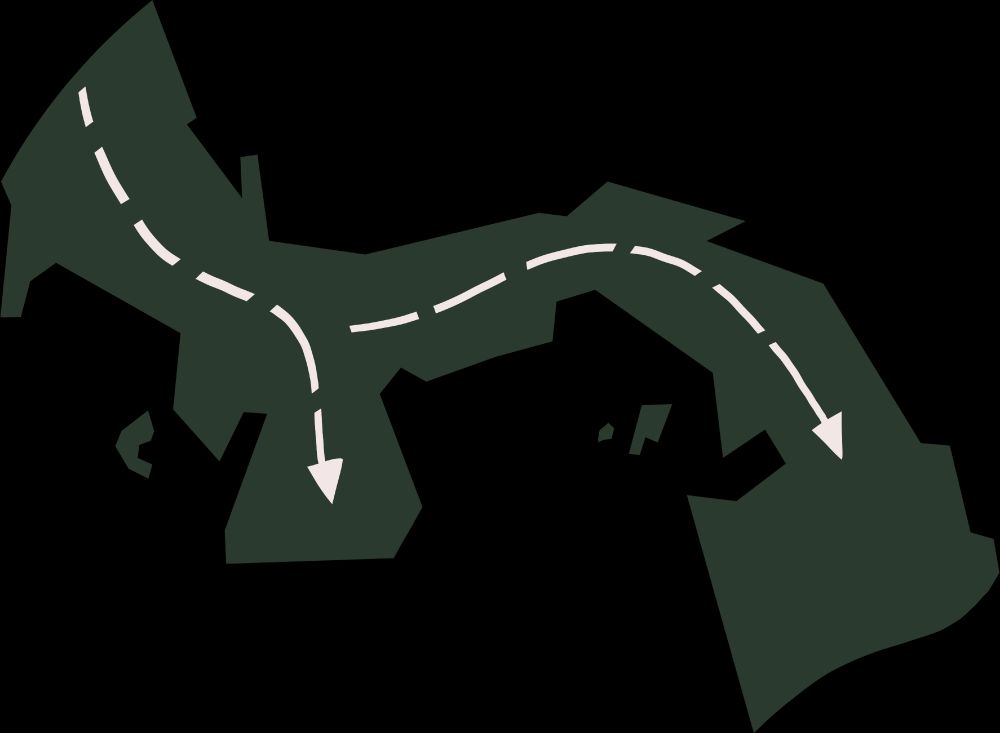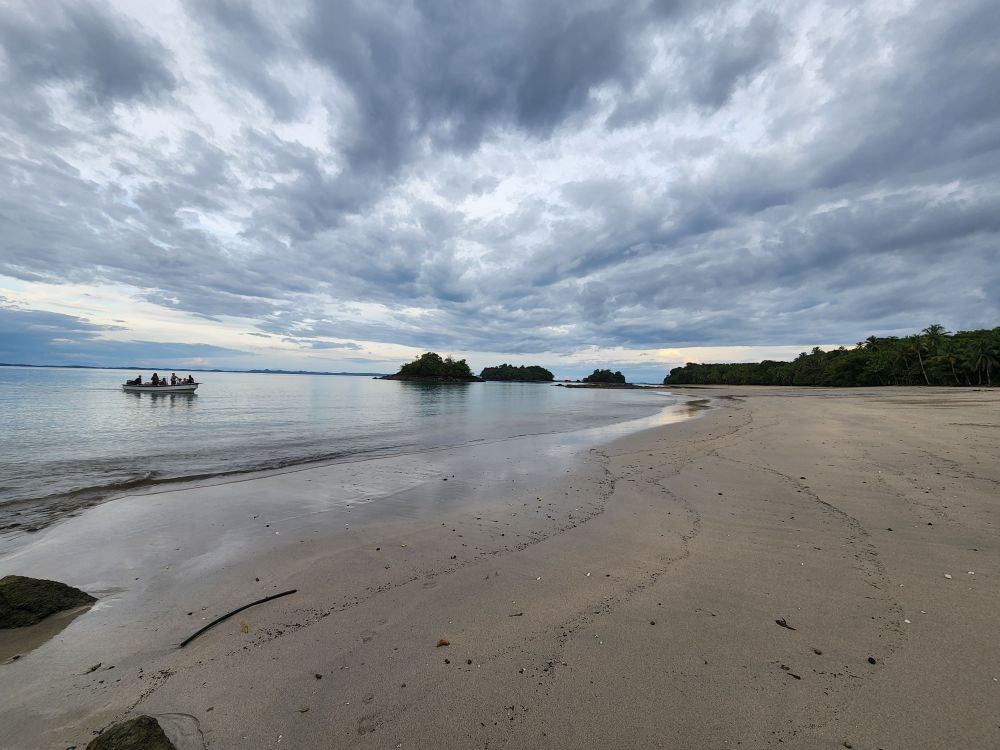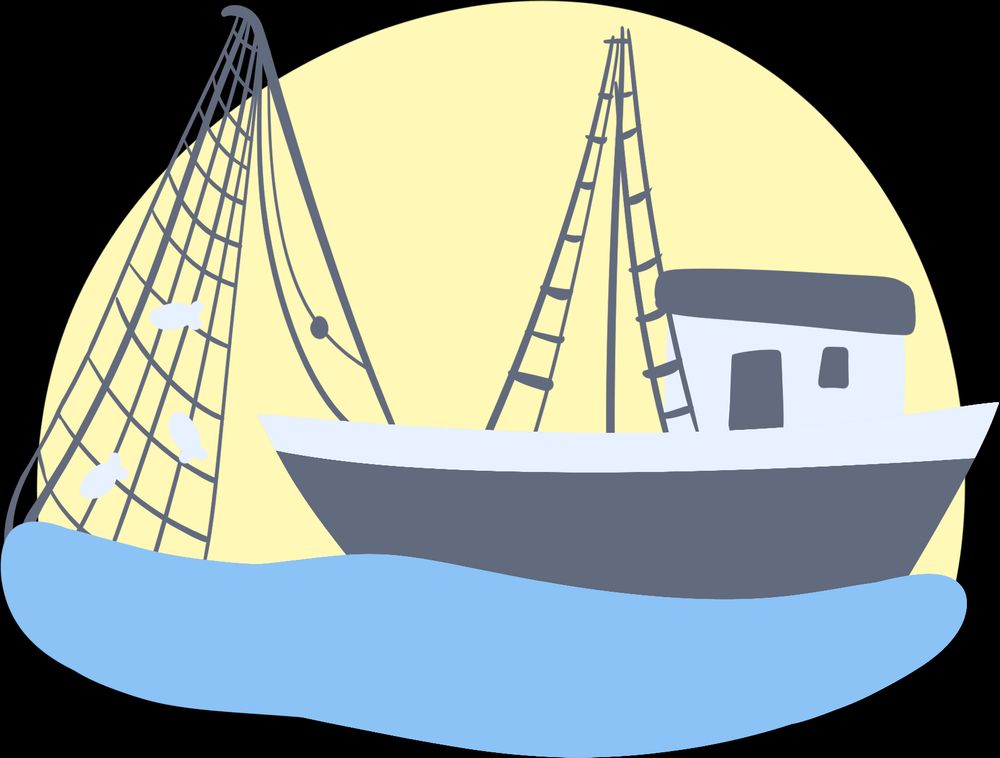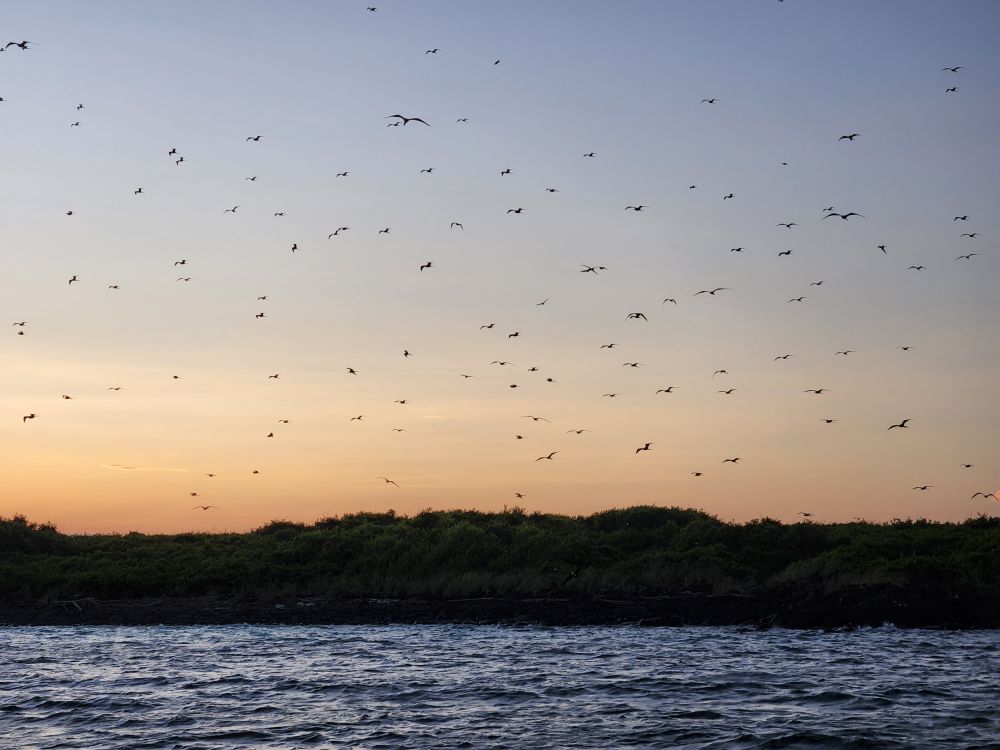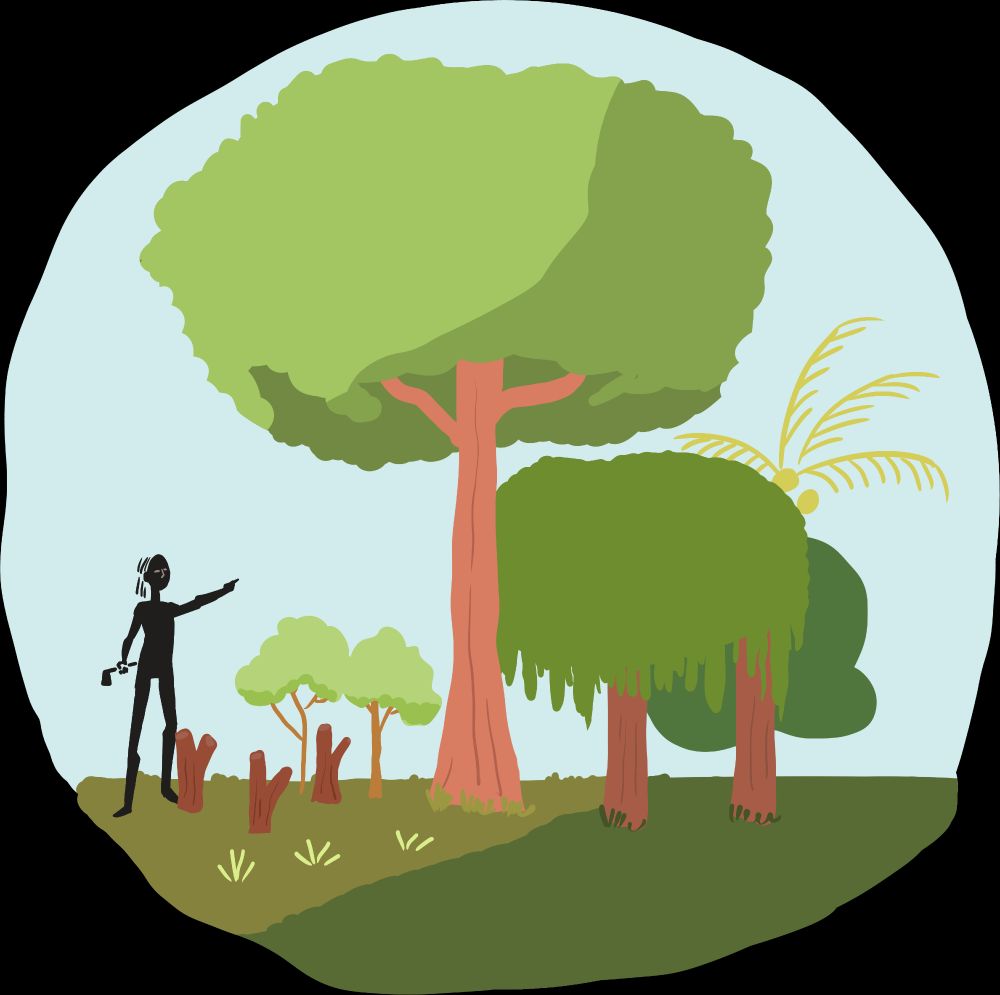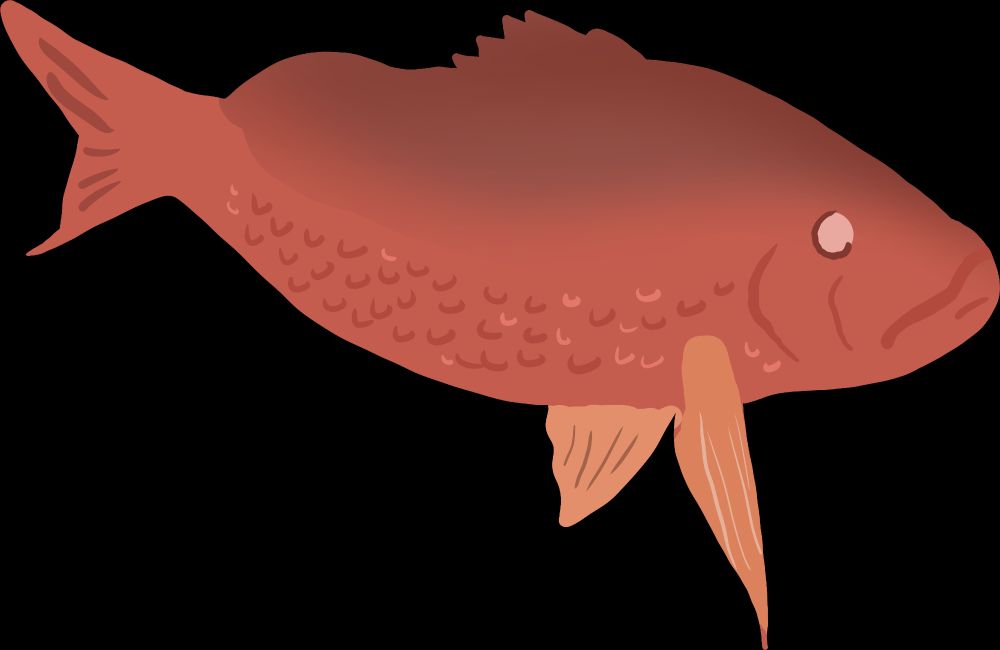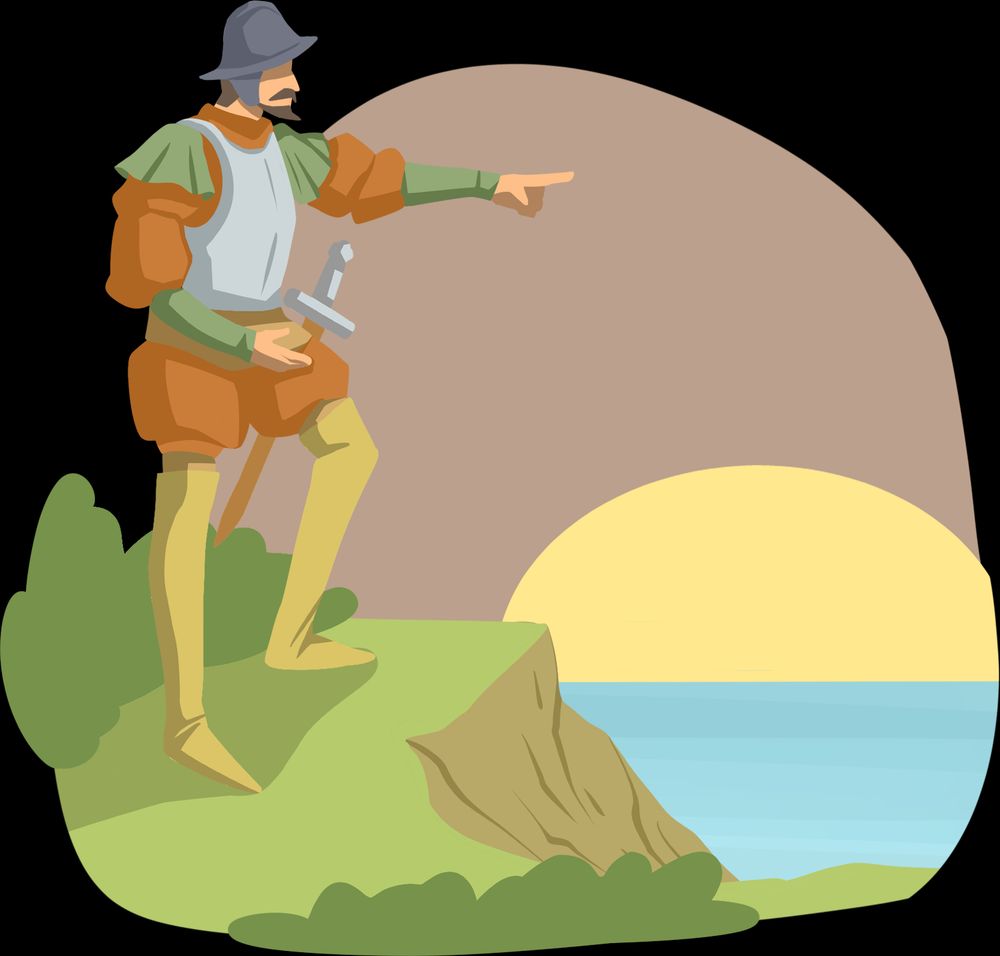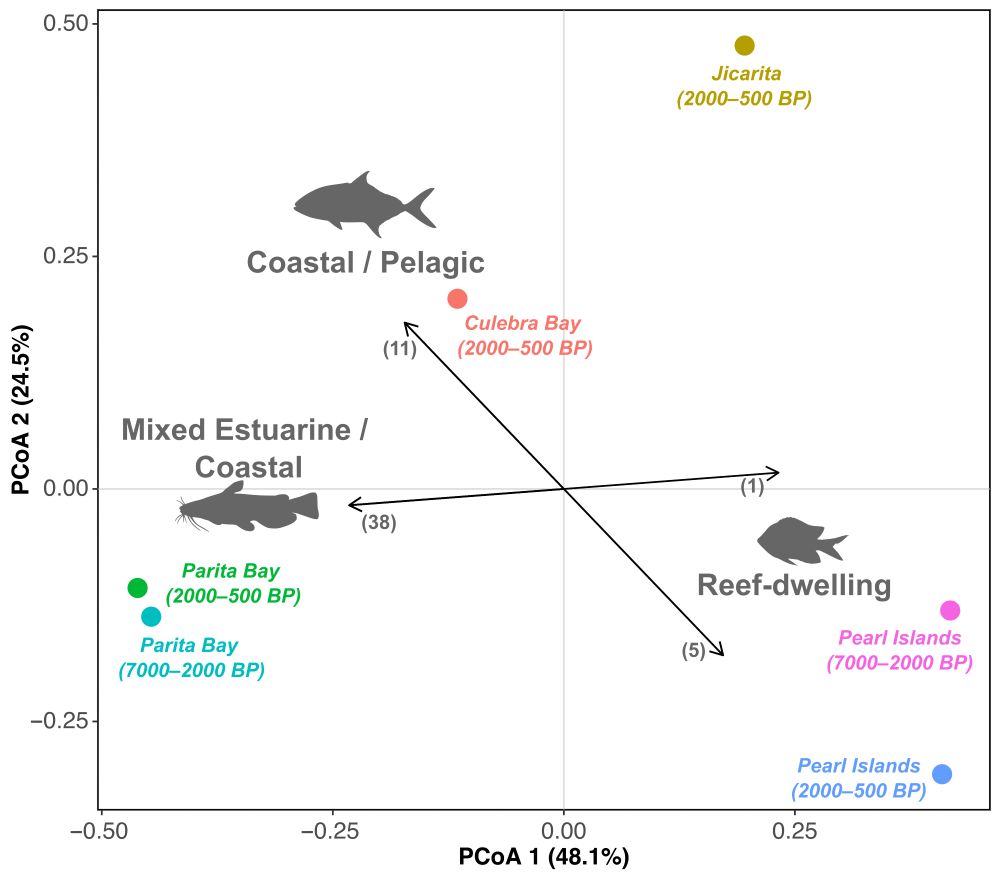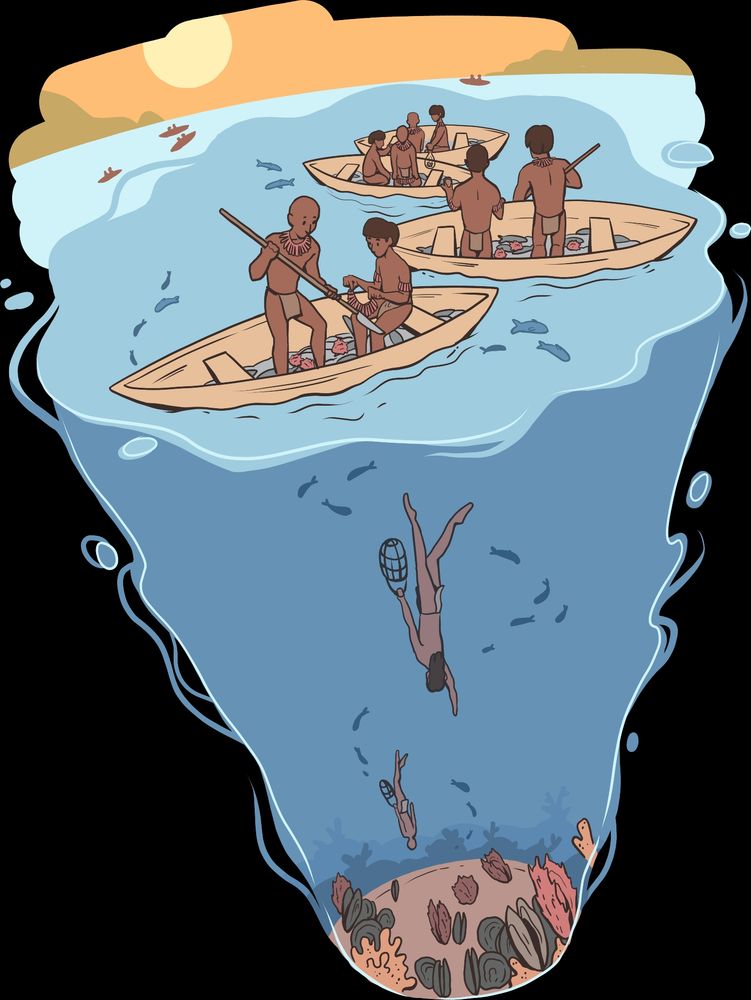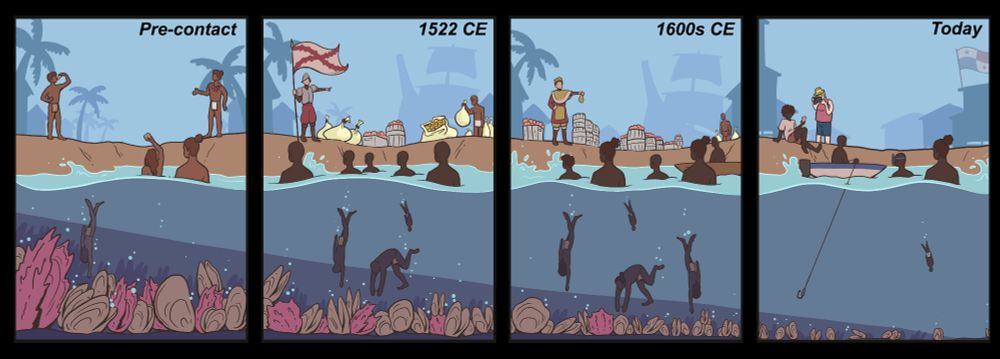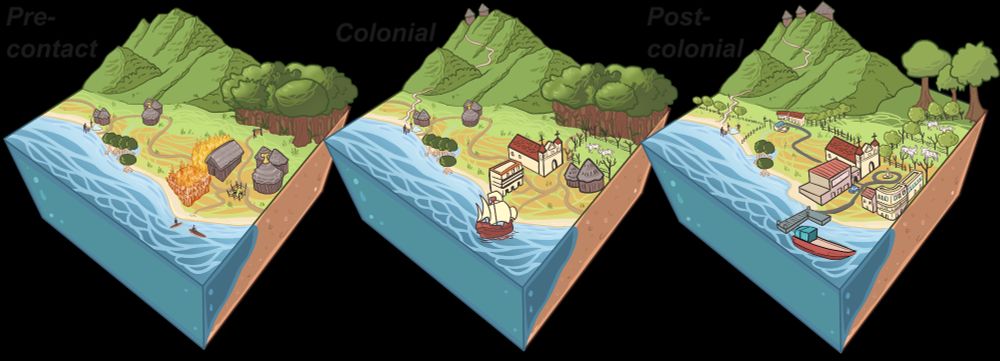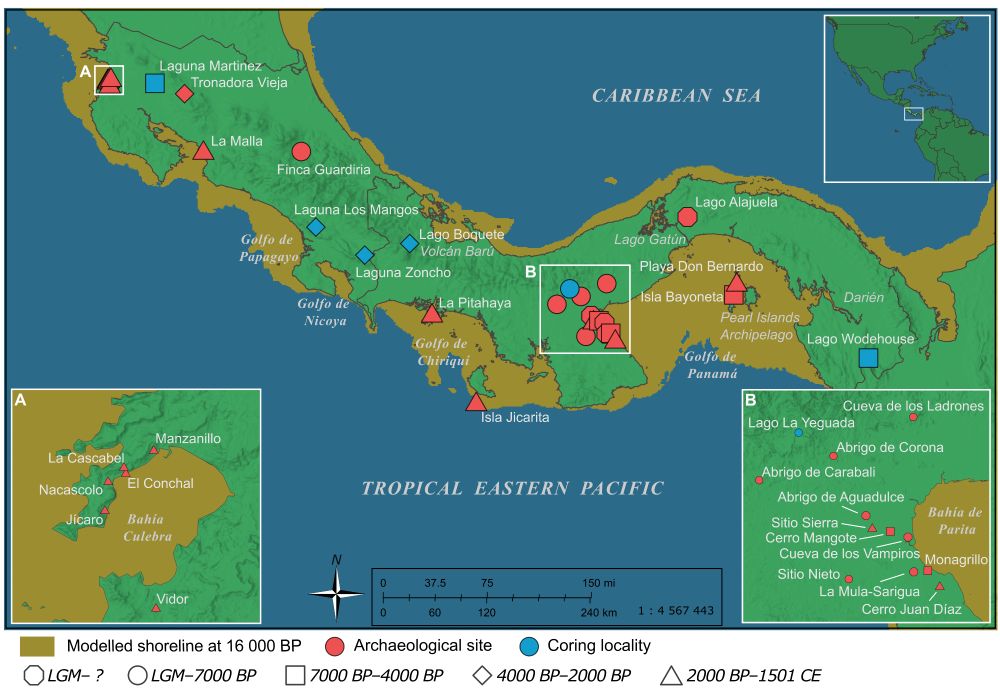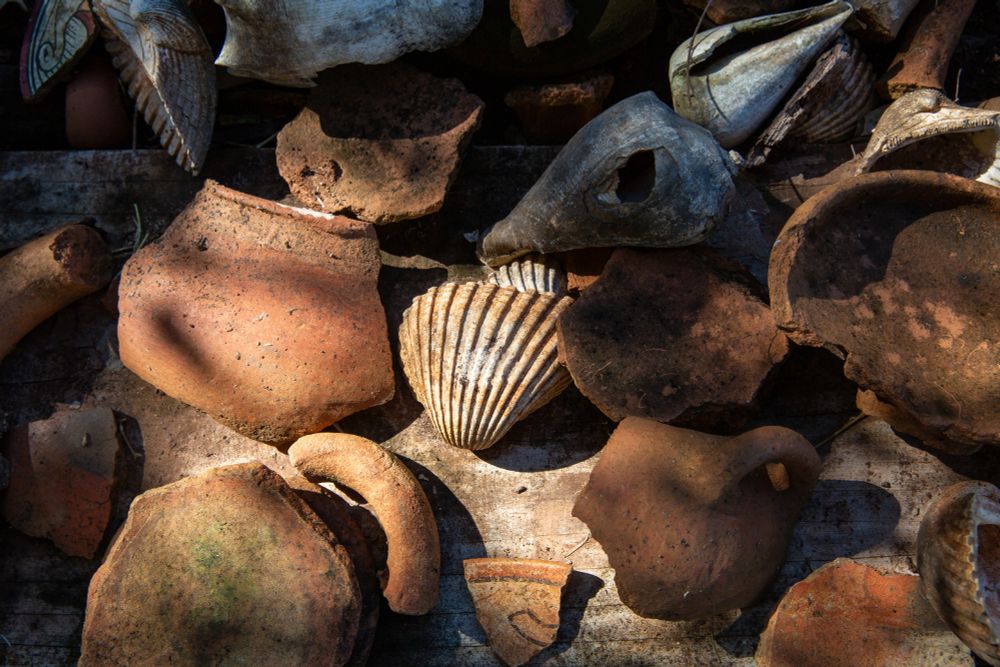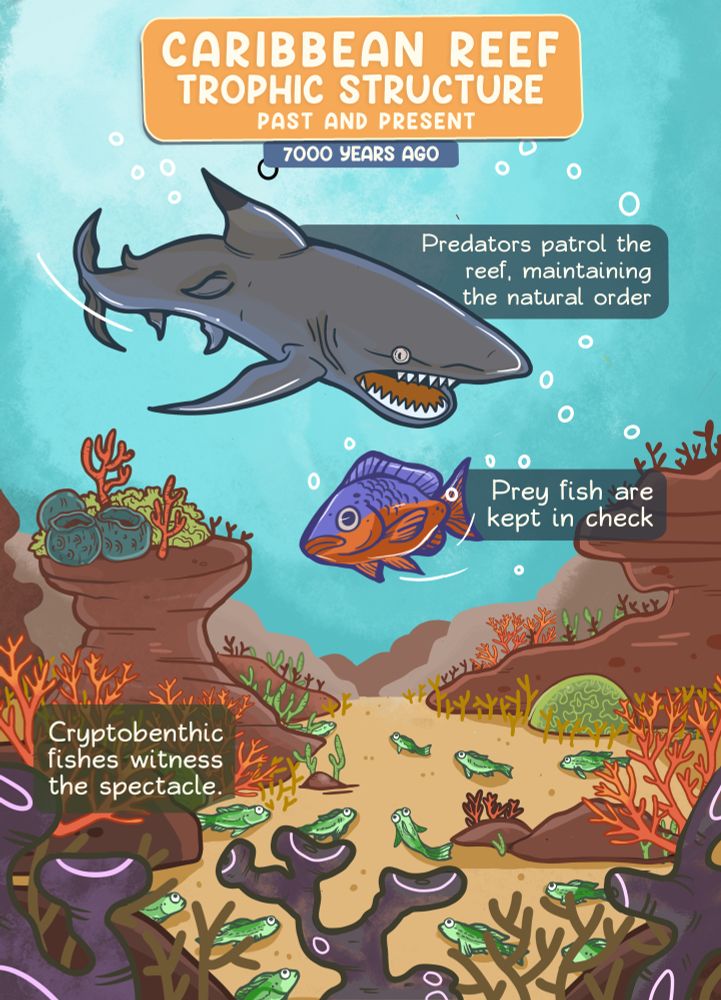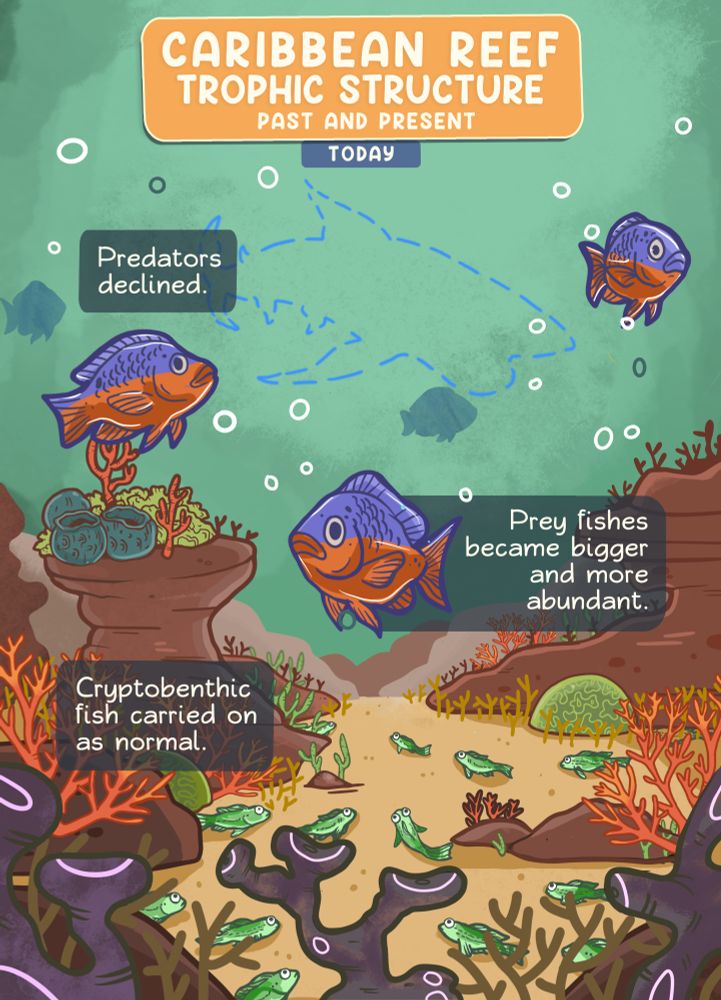Jon Cybulski
@jonscibulski.bsky.social
62 followers
89 following
18 posts
Historical ecologist and educator at #HKU #URIGSO.
Humanizing #science one story at a time. Isotopes, marine biology, conservation. he/him
Posts
Media
Videos
Starter Packs
Reposted by Jon Cybulski
Reposted by Jon Cybulski
Reposted by Jon Cybulski
Reposted by Jon Cybulski
Jon Cybulski
@jonscibulski.bsky.social
· Jul 10
Jon Cybulski
@jonscibulski.bsky.social
· Jul 10
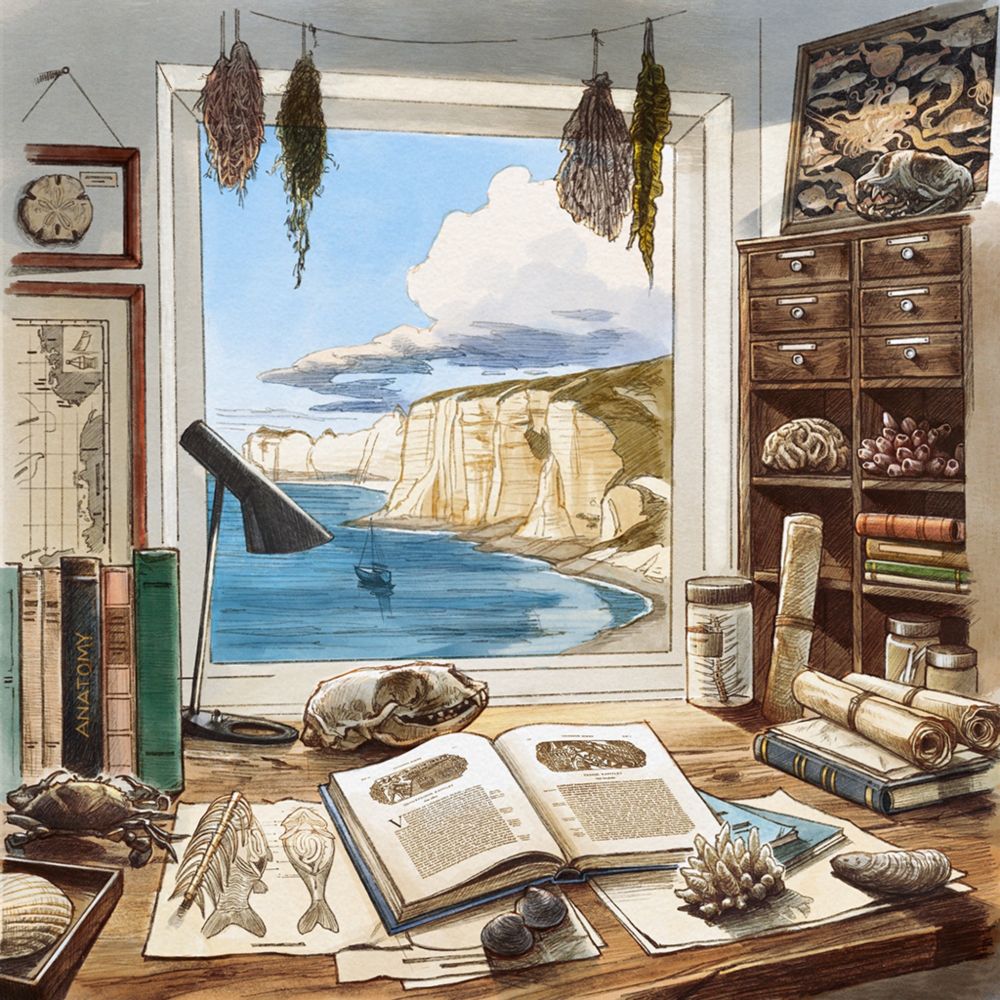
Historical ecology of the Southern Central American Pacific coast | Philosophical Transactions of the Royal Society B: Biological Sciences
The Pacific coast of the Southern Central American Isthmus is a highly productive and biodiverse region with a rich human history. Although the interaction of the oceans, climate, biodiversity and early human systems has shaped the region’s ecology, ...
royalsocietypublishing.org










